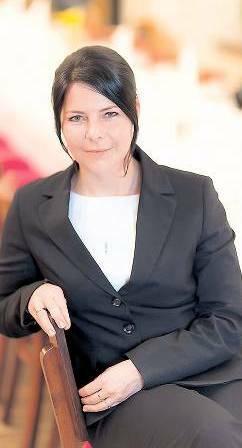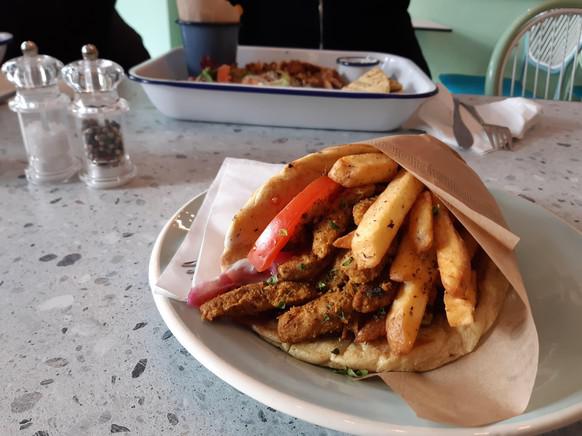
Even in the finest Berlin restaurants, there's an easy way to spot the waiters: they're the ones in the tie. The deliberately casual, some say: too casual style, which has long since taken hold of festive events in the capital, determines the atmosphere at the table not only in the pizzeria, but also in the luxury restaurant. Anyone who shows up in a dark suit and tie, however, usually has reason to feel overdressed – presumably most of the city's good restaurant managers are meticulously conservative-elegant above all so that these guests do not feel too alone. But even they cannot do more than treat the hairy calves of misguided visitors with contempt.
In fact, there is no longer a proper dress code in Berlin restaurants since the "Maître" in Meinekestraße was closed in 1982 - there, in the traditional French style, jackets and ties were required and a strict cloakroom staff was constantly deployed who could help out if necessary , but also brusquely refused entry when displeased. There is no such thing today even in Paris or New York.
On the other hand, if you carefully ask about the dress code in Berlin, you will at best get something like "smart casual" as an answer, which in German means: it doesn't matter, just please don't wear shorts and flip-flops. (For men, women are allowed to do that too, as long as the sand on the beach doesn't trickle out of their pants.) In fact, nobody turns up their noses at jeans since the most ragged are the most expensive, and sneakers have long since been adopted by fashion and are therefore socially acceptable.
The two most formal restaurants in town are generally considered to be Lorenz Adlon Dining Room and Fischers Fritz. Andrea Güttes, now with Markus Semmler, worked for several years as a restaurant manager at the "Fritz" and for a while even tried to get male guests to at least wear a shirt with long sleeves and trousers that were too long in the summer. But even this modest requirement, not unreasonable in view of the well-functioning air conditioning, could not be enforced in the long run and was increasingly softened, especially at midday.
Andrea Güttes has a clear attitude herself: "When I go to a two-star restaurant, I look forward to it and make myself pretty." According to her impression, it's by no means the badly reputed Americans, who are more likely to be in their home country be strict about inappropriate clothing. "Spaniards and Italians are extremely casual most of the time," she has observed, and they are certainly people with money.

Others, who are saving the visit, attach much more importance to suitable clothing because it is something special for them, she says. But in general, the level of clothing has changed in recent years, and ties have become a rarity. "Most of the time the men still come in jackets, but they quickly put that aside." Ties are what she sees most often among business people, even at lunchtime.
Boris Häbel, the chef at the “Lorenz Adlon Dining Room”, makes very similar observations. This two-star restaurant is only open in the evenings - and so small that every arriving customer can be eyed up by the others. Häbel also confirms the disappearance of dark suits and ties there, but takes it as an expression of Berlin's attitude towards life: "The city is creative, and Berlin fashion has nothing to do with ties and fine dresses, that's perfectly fine."
It was very different in Frankfurt, his previous place of work, where formally dressed bankers dominated the scene; In the legendary Burj el Arab in Dubai, too, he initially found the customs to be very strict, but there, too, the compulsory jacket and ban on jeans have long since been lifted.
Häbel himself has campaigned for the Adlon to loosen up the image a bit: He got rid of the tuxedo for himself, only wears a dark suit himself, and the waiters have even switched to casual cardigan. And when it gets warm at the table in summer, he lets the guests relax by casually asking if he can take their jackets off.
If someone comes in the wrong place through no fault of their own, for example because their suitcase has got lost, then the hotel can “help” with its many options; Spontaneously incorrectly dressed visitors are accommodated discreetly in the background if necessary. In any case, Häbel never completely turned away a guest during his Adlon years.
On the other hand, the guest in a tuxedo only happens at galas. And when newly married couples are guests: he in a tuxedo, she in a white dress. But you only experience something like that once a year, even in the posh Adlon.







